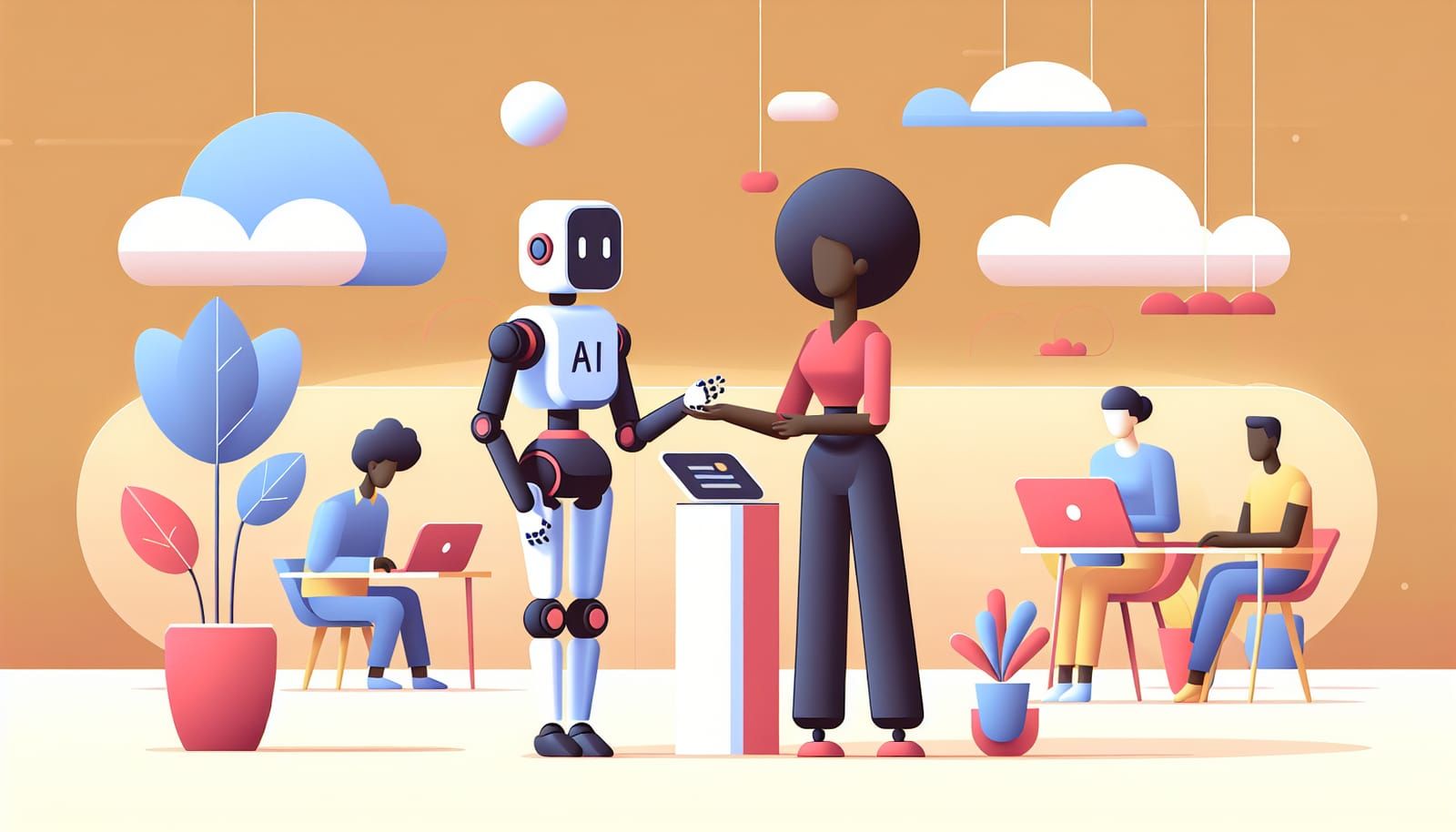In a world where technology seems to be evolving faster than we can keep up, artificial intelligence (AI) has made incredible strides in many areas, from healthcare to art. One of the most captivating questions that arise is: Can AI write the perfect love song? While it might seem like a romantic notion, the answer isn't as clear-cut as one might hope. In this article, we'll explore the capabilities of AI in creating music, the challenges it faces, and the magic that human emotion brings to songwriting.
Understanding AI and Music Creation
AI technology has come a long way in recent years. With sophisticated algorithms and machine learning, AI can analyze vast amounts of data and generate content based on patterns it identifies. When it comes to music, AI can create melodies, harmonies, and even lyrics. Some popular AI music tools, like OpenAI's MuseNet and Jukedeck, can produce entire compositions in a matter of minutes!
However, while AI can mimic styles and generate sounds that are pleasing to the ear, it still lacks the emotional depth and personal experiences that human songwriters bring to their work. Love songs are often reflections of deep feelings, memories, and unique stories—elements that AI simply cannot experience.
The Elements of a Love Song
What makes a love song truly special? Love songs often include relatable themes such as longing, heartbreak, joy, and passion. They evoke emotions and tell stories that resonate with listeners. A great love song can transport you back to a moment in time or help you express feelings you might struggle to articulate.
The structure of a love song usually follows a specific pattern—verses, chorus, and sometimes a bridge. Each part serves a purpose, whether it’s setting the scene, building intensity, or delivering a memorable hook. These nuances are often informed by the songwriter's personal experiences and emotions, something AI cannot replicate authentically.
The Shortcomings of AI in Songwriting
While AI can generate text and music based on existing patterns, it lacks the ability to feel emotions. Love is a complex human experience, and the subtleties of love songs often require a level of empathy, intuition, and creativity that machines simply don’t possess. AI can produce lyrics that rhyme and sound nice, but they may lack the depth and genuine emotion that listeners crave.
Another challenge AI faces is originality. While it can create new combinations of words and melodies, it often relies on existing material. This can lead to songs that feel formulaic or derivative. A truly great love song often breaks away from the norm, bringing a fresh perspective or a unique twist that only a human artist can provide.
The Human Touch: Why Emotion Matters
Humans have an innate ability to connect with one another through shared experiences. This connection is what makes music so powerful. A love song that resonates with someone often does so because it taps into universal feelings—the joy of falling in love, the pain of heartbreak, or the comfort of companionship.
When songwriters draw from their personal experiences, they infuse their work with authenticity. Listeners can sense this sincerity, which is often what makes a song memorable. AI-generated music, on the other hand, may lack this essential human touch, resulting in compositions that feel more like products than heartfelt expressions.
Examples of AI in Music Today
Despite its limitations, AI is already making waves in the music industry. Some artists have begun collaborating with AI to enhance their creative processes. For example, the band YACHT created an entire album using AI-generated music and lyrics, showcasing how technology can be integrated into the creative process.
AI is also being used to analyze music trends, helping artists understand what types of songs are popular and why. Platforms like Spotify and Apple Music utilize AI algorithms to recommend songs to listeners based on their preferences, demonstrating the potential of AI as a tool in the music landscape.
The Future of AI and Music
As technology continues to evolve, the collaboration between AI and human musicians may become more common. AI can serve as a creative partner, offering suggestions and generating ideas that artists can build upon. However, it’s essential to remember that while AI can enhance the creative process, it cannot replace the unique insights and emotions that human artists bring.
In the future, we may see more artists embracing AI, using it to complement their creativity instead of replacing it. This partnership could lead to exciting new genres and sounds, expanding the musical landscape in ways we can only imagine.
Conclusion: The Unwritten Song
While AI has made impressive strides in music creation, it has yet to capture the essence of what makes a love song truly special. The emotional depth, personal stories, and unique perspectives that human songwriters bring to their craft are irreplaceable.
So can AI write the perfect love song? Not quite. But it can certainly inspire us and enhance our creativity, paving the way for new musical experiences. The beauty of music lies in its ability to connect us, and that connection is something that, for now, only humans can fully achieve.
As technology continues to evolve, the collaboration between AI and human creativity will shape the future of music. Until then, let’s celebrate the power of human emotion and the stories we tell through our songs. Whether you’re a songwriter, a musician, or simply a lover of music, remember that the perfect love song is often just a heartfelt experience waiting to be transformed into melody.


